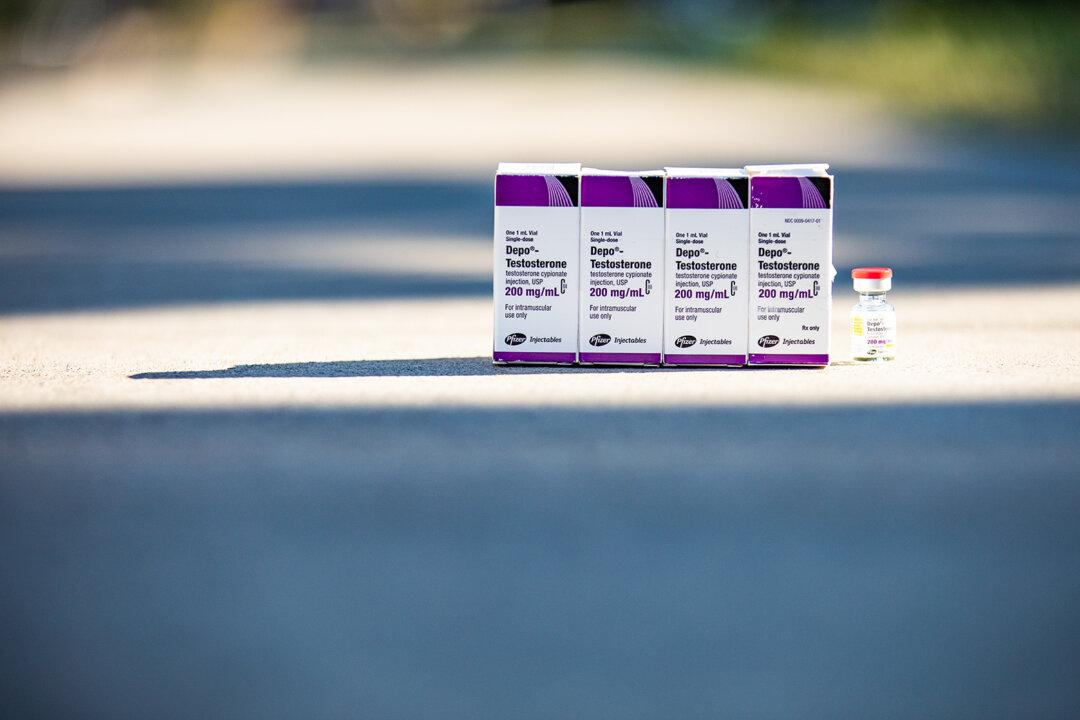The United Kingdom recently decided to ban puberty blockers for minors due to safety concerns, but Alberta remains the only Canadian province planning to do the same.
Following the UK ban announced on March 12, the health ministries of Quebec, the Yukon, and the Northwest Territories told The Epoch Times they will not consider a ban. The other provinces and territories did not respond by publication time, though Ontario said earlier this year it won’t consider a ban.






